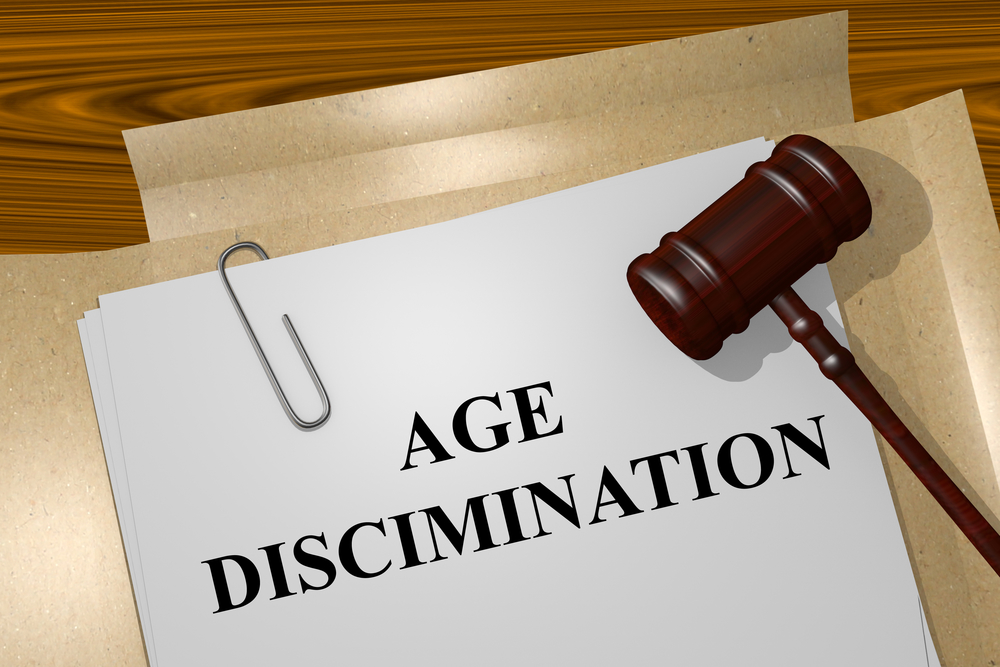By Caleb Drickey/Law360 · 2023-10-16 19:49:04 -0400 · Listen to article
A worker who accused a home remodeling firm of misclassifying him as an overtime-exempt, salaried employee asked a New York federal court Monday to sign off on an individual settlement to his wage action.
In a letter to U.S. District Judge Diane Gujarati, ex-PHRG Management LLC remodeling consultant Sean Wachter said that a proposed $11,500 settlement to individual age claims would make him whole for withheld back wages and was a fair resolution to disputed claims.
The total settlement equates to more than 100% of what the plaintiff could have recovered under the Fair Labor Standards Act and New York Labor Law, Wachter said, adding: “The proposed settlement agreement is both fair and reasonable.”
Under the terms of the deal, Wachter would receive approximately $6,500 after the payment of attorney fees and expenses. That sum, the worker said, outpaced the roughly $2,400 unpaid overtime wage bill he racked up during his tenure at the company and amounted to roughly 55% of his total potential damages figure.
That return was fair, Wachter said, in light of the risks of further litigation. The worker noted that his former employer maintained its belief that he had been properly classified as an overtime-exempt outside sales worker and contested the number of overtime hours he worked.
“The settlement alleviates plaintiff’s risk of a lower recovery or no recovery at all,” the worker said.
Wachter’s attorneys, meanwhile, would receive an above-benchmark 40% cut of the total settlement fund, plus roughly $230 in expenses, for a total of approximately $4,700. Although Wachter noted that the Eastern District of New York generally limits attorney awards to 33% of a worker’s return, he said that the Second Circuit dissuaded district courts from placing ceilings on fee awards in 2020’s Fisher v. SD Protection Inc.
He also argued that the proposed fee sat below a nearly $9,500 lodestar figure and was thus reasonable on its face.
Wachter accused the company of violating the FLSA and NYLL in a proposed class and collective action filed in November 2022. In his complaint, he alleged that he should have received time-and-a-half overtime wages instead of a flat, $1,000-per-week salary to compensate him for his up-to-60-hour workweeks.
Representatives of the parties did not immediately respond to requests for comment Monday.
Wachter is represented by Alexander White of Valli Kane & Vagnini LLP.
PHRG is represented by Anthony Mingione of Blank Rome LLP.
The case is Wachter v. PHRG Management LLC, case number 2:22-cv-07155, in the U.S. District Court for the Eastern District of New York.
–Additional reporting by Isaac Monterose. Editing by Nick Petruncio.
See the article from Law360 here.










 Preparing for a new job and the application process is often nerve-wracking and stressful. Do you ever wonder what the employer will ask you, or what qualifications you should emphasize, to show that you are capable of performing the tasks of the job? Preparing to answer questions such as “What can you do for our team?” or “What’s your greatest weakness?” is crucial. But imagine your potential employer asking you “How old are you?” or, “Are you planning on having kids soon?” The interview process has changed quickly from innocent to illegal. Before going to your next job interview, brush up on your rights as an applicant.
Preparing for a new job and the application process is often nerve-wracking and stressful. Do you ever wonder what the employer will ask you, or what qualifications you should emphasize, to show that you are capable of performing the tasks of the job? Preparing to answer questions such as “What can you do for our team?” or “What’s your greatest weakness?” is crucial. But imagine your potential employer asking you “How old are you?” or, “Are you planning on having kids soon?” The interview process has changed quickly from innocent to illegal. Before going to your next job interview, brush up on your rights as an applicant.
